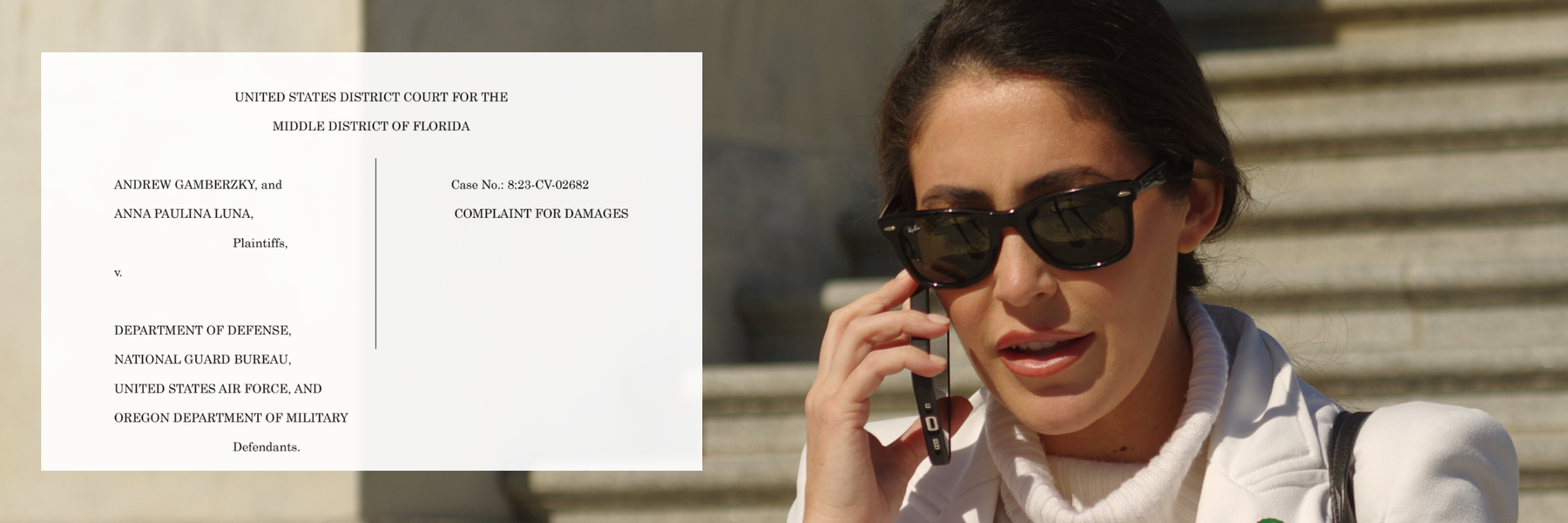Last week, a newly discovered report left Florida struggling to explain how a year passed before anyone noticed it was issuing concealed carry permits without a federal background check, while Immigration and Customs Enforcement emails suggest that Attorney General Jeff Sessions may have misrepresented the expected yield of recent raids in California. In New York City, police records show that virtually all of those added to a rapidly growing list of suspected gang affiliates during Mayor Bill de Blasio’s tenure are black or Latino.
See a great use of public records we missed? Send over your favorite FOIA stories via email, on Twitter, or on Facebook, and maybe we’ll include them in the next roundup. And if you’d like even more inspiration, read past round ups.
No background check, no problem?
The Tampa Bay Times obtained a damning report from the Florida Office of the Inspector General revealing that the state had been issuing concealed carry permits without checking applicants against the Federal Bureau of Investigation’s national crime database for over a year.
The report cites testimony from the negligent employee, who admitted to encountering a log-in error in February 2016 and failing to resolve it. At the time of the Pulse massacre, it had been nearly four months since the state checked to see if concealed carry permit applicants had a disqualifying history in another state, and it continued to approve permits without performing this due diligence for another nine months.
Apparently, no accountability system was in place to ‘check to checks.’ This revelation comes six years to the day after news broke that, for ten years, Florida issued gun permits to applicants whose fingerprints were illegible without requesting a federal background check from the FBI. In that case, each of the two state agencies involved with licensing assumed the other was doing it.
Read the report embedded below and the article on Tampa Bay Times.
ICE plays the blame game
Since February, when Oakland, California Mayor Libby Schaaf warned the public of imminent ICE raids, Trump Administration officials have accused her of enabling hundreds of fugitive aliens to evade detention. However, internal ICE emails recently obtained by the San Jose Mercury News show that the raids actually surpassed the anticipated results. Agency officials had expected to detain 150 to 200 of the 1,060 individuals sought - in the end, 232 people were apprehended, including two of the ten Oakland residents on the list.
In spite of this, AG Sessions alleged that “ICE failed to make 800 arrests that would have been made if the mayor had not made her statement.” After being instructed not to issue a public clarification, ICE Spokesman James Schwab submitted a letter of resignation in which he asserted that allowing Sessions’ statement to stand “perpetuated misleading statements, otherwise known as a lie.” Prior to the speech, an ICE official had emailed colleagues with the subject line: “WH wants more egregious examples from the 800+ targets we didn’t arrest.”
An inside look at NYPD’s growing gang database
Drawing on documents obtained by a City University of New York School of Law professor, the Intercept reports that the New York Police Department has increased its database of people suspected of gang involvement by 70 percent since de Blasio took office in January 2014. Of the 17,432 people added to this list in this time, over 99 percent are black or Latino.
The request also revealed two internal presentations which show that the NYPD uses a broad definition of a gang, considering it to mean “a group of persons with a formal or informal structure that includes designated leaders and members, that engage in or are suspected to engage in unlawful conduct.” The NYPD has not made public any information on their criteria for adding an individual to the database, nor on how or how often they update or purge entries.
Read one of the presentations embedded below and the article on The Intercept*
Read a great FOIA-based news story we should highlight? Let us know and maybe we can include it in our next roundup! Send it over via email, on Twitter, or on Facebook.
Image via Minot Air Force Base




